來源: 徐貝 發表時間:2024-08-03 16:29:08 熱度:22
On May 19, 1949, Shanghai embraced liberation, bringing an end to the long darkness. As China's largest city, it finally saw the light after years of oppression. Chen Yi, appointed as the first mayor of Shanghai after the establishment of the People's Republic of China, was entrusted with a significant mission. It went beyond merely restoring Shanghai's economy; it involved a crucial task—finding a person.
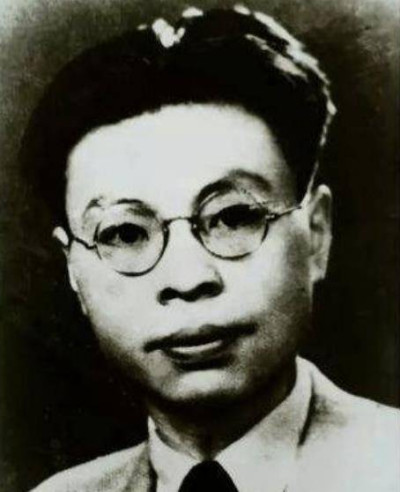
Three days after the liberation of Shanghai, Mayor Chen Yi received a telegram from General Li Kenong of the Central Intelligence Department in Beijing. The message urged him to spare no effort in locating Li Jing'an. If alive, Li Jing'an should be escorted back to Yan'an; if deceased, his remains must be recovered. Who was this person, demanded by superiors to be found at all costs, alive or dead?
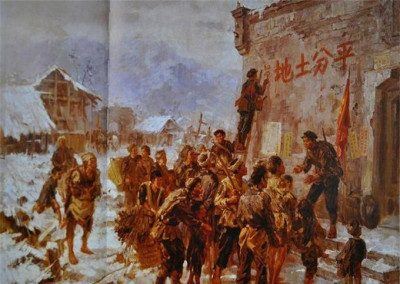
Li Jing'an, originally named Li Bai, was born in poverty in Liuyang, Hunan, in 1910. Despite a humble family background with many siblings, Li Bai had a fervent love for learning. After his mother's early death, he returned home as the eldest son, taking on the responsibility of chopping wood and fetching water. Later, he worked as a child laborer on a landlord's estate, witnessing the oppression of workers and the decadence of the landlord's lifestyle. Determined to overthrow the landlords and achieve a better life for all, Li Bai's youthful aspiration was born.
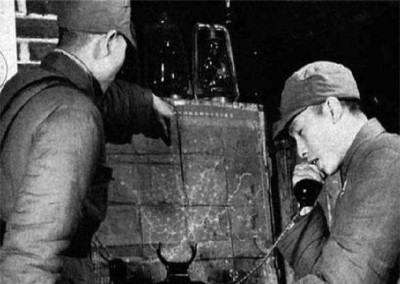
In 1925, Li Bai seized the opportunity during the local revolution in Liuyang. Rallying people to join the Peasant Association, he embarked on a path of political awakening. By the age of fifteen, Li Bai joined the Communist Party. Two years after joining the Party, he rallied the people to form the Red Guards and participated in a local uprising in September. In 1930, Li Bai was appointed as the political propagandist for the Red Army, officially joining the ranks of the Workers' and Peasants' Red Army.
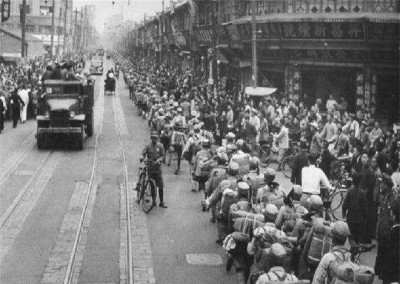
Due to his diligence, rigorous work, and elevated political consciousness, Li Bai quickly rose to the rank of platoon instructor. In many perilous situations, he risked breaking through enemy blockades to deliver orders from higher-ups. In those times, communication methods were relatively primitive, and the enemy had already developed more advanced means. Recognizing the need for rapid information exchange, Li Bai played a crucial role in a battle where the Red Army captured several enemy telegraph machines. Subsequently, the Red Army established a wireless radio training class, creating its intelligence network.
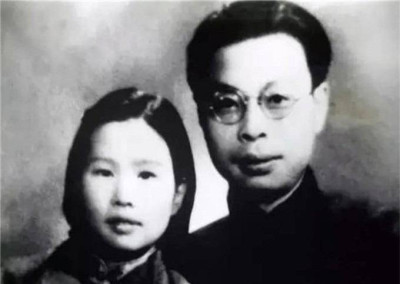
In 1935, as a technical expert, Li Bai embarked on the Long March with the central forces. His contribution to the intelligence front was significant, solving communication challenges. Always mindful of the importance of underground intelligence, Li Bai continued to play a vital role during the resistance against Japanese aggression that erupted in 1937. In October, using the pseudonym Li Xia, he was sent to Shanghai for underground work. With Shanghai already occupied by Japanese forces, Li Bai had to establish an intelligence network in the relatively safe French Concession.
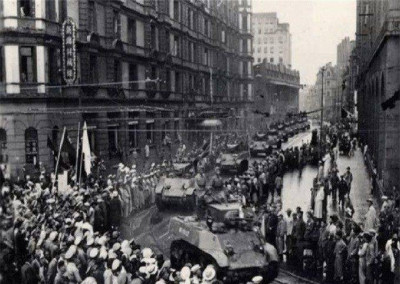
Facing frequent activities of Japanese secret agents, even within the Concession, conducting espionage work was exceptionally challenging. Unable to import radio equipment into Shanghai, Li Bai opened a radio repair shop, acquiring most of the components under the guise of repairing radios. He assembled a radio himself to transmit intelligence for the Party, adapting to the technical challenge despite lacking a background in engineering.
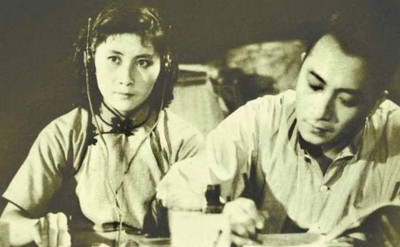
In 1938, Li Bai's dedication to the cause led to the appointment of Qiu Huiying, sent secretly to Shanghai, to pose as his wife and protect their identities. The encounter between Li Bai and Qiu Huiying marked the beginning of a genuine connection. They faced dangers together, assisting each other in their work, and their mutual support blossomed into genuine affection. Later, with approval from superiors, they were married, adding a touch of warmth to their perilous work. Their union, born out of dangerous work behind enemy lines, became a source of comfort in the midst of constant danger.
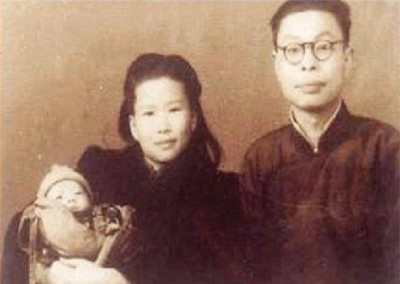
Even after the victory in the war against Japan, new threats emerged with intensified searches and arrests by the Kuomintang reactionary forces. Li Bai's work became even more dangerous and crucial. In the face of imminent peril, he remained unwavering, holding the radio station as more valuable than life itself. It was his belief, unshaken, etched into his heart. He tirelessly advanced in countless dark nights, exploring the path forward.
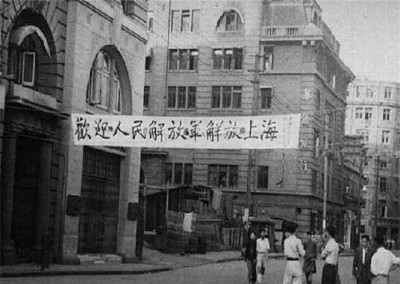
In the last twenty days before the liberation of Shanghai, Li Bai encountered the greatest ordeal of his life. On December 30, 1948, in the early hours of the morning, as he sent a crucial telegram, signaling exposure and danger, Kuomintang forces raided Li Bai's home. Captured and subjected to over thirty hours of torture, Li Bai refused to divulge any information. The Kuomintang resorted to using his wife and children as leverage, yet he remained silent. The radio station weighed heavier than life for Li Bai; it was his faith, unshakeable.
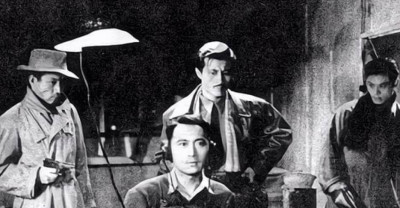
After the arrest, he endured severe torture – the tiger bench, electric shocks, branding, and fingernail removal. The excruciating pain did not break his spirit; instead, it strengthened his resolve. Li Bai defended the radio station, more precious than life itself, staying true to his beliefs. Eventually, Li Bai faced a secret execution by the Kuomintang, just twenty days before the liberation of Shanghai.
Following the liberation, with the assistance of Mayor Chen Yi, Qiu Huiying found Li Bai's body. Among the twelve martyrs who suffered brutal treatment, Qiu Huiying easily identified her husband. Clad in a long gown, Li Bai's slender body bore the marks of enemy torture. Heroes have no regrets.
In the long river of history, countless heroes and martyrs, with their steadfast will, paved the way for the peace we enjoy today. Li Bai never stood in the victorious sunlight; he consistently moved forward in the darkness, resolute. His life was brief, just 39 years, but it was also the most extended 39 years, the most eternal 39 years. In his limited life, he made infinite efforts for the establishment of the new China. In numerous challenging nights, he pressed forward, and his 39-year life is forever engraved in the hearts of us all.
標題:上海解放的第三天,李克農下令:尋一位同志,生要見人死要見屍
地址:https://www.vogueseek.com/post/79980.html
鄭重聲明:本文版權歸原作者所有,轉載文章僅為傳播信息之目的,不構成任何投資建議,如有侵權行為,請第一時間聯絡我們修改或刪除,多謝。
